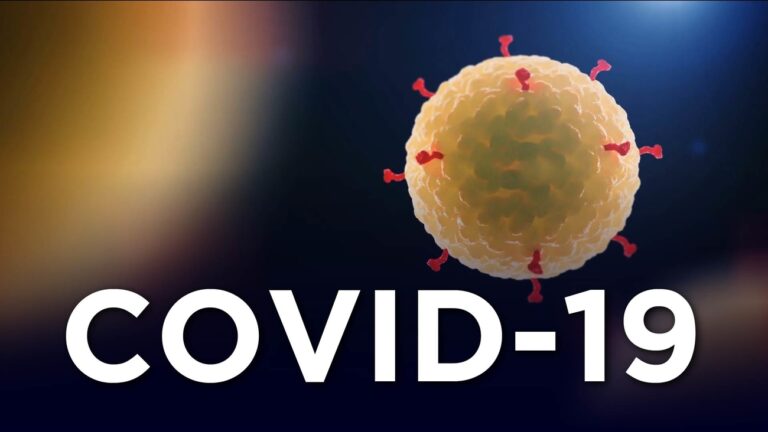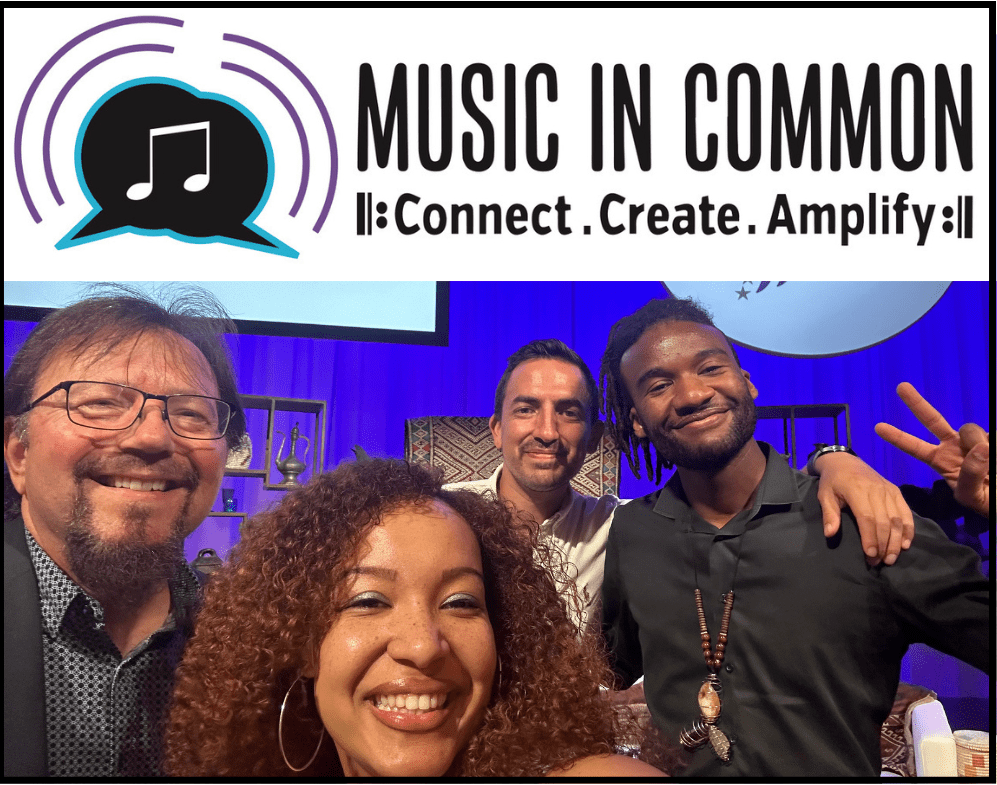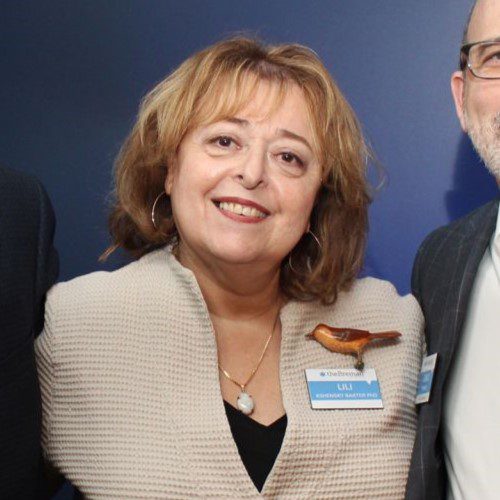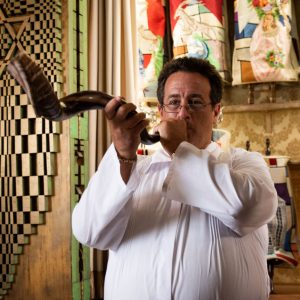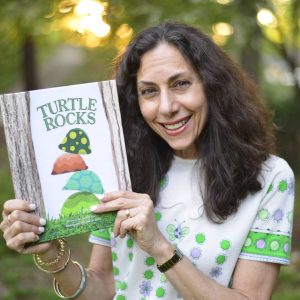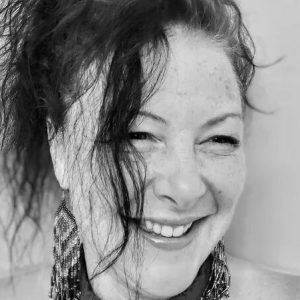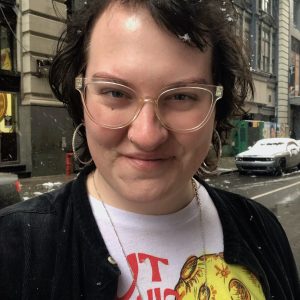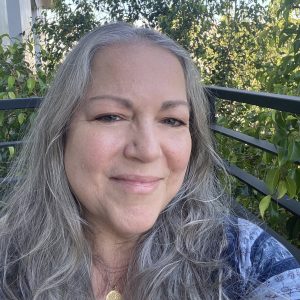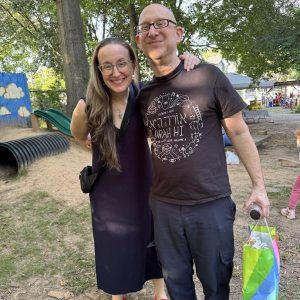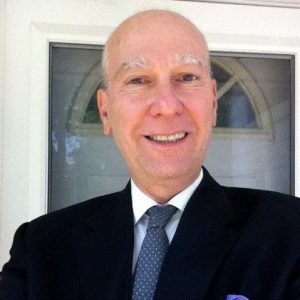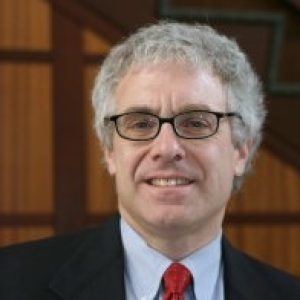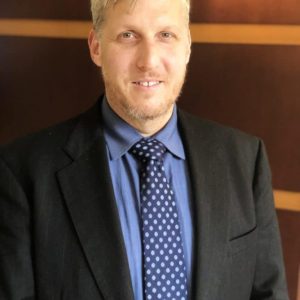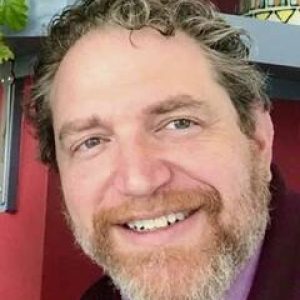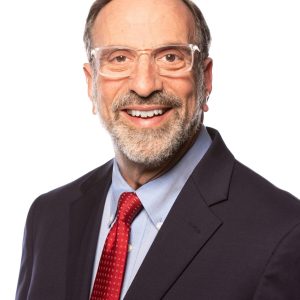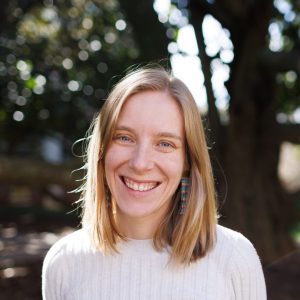Calling All Souls! Using This Moment to Approach the Sacred and the Holy
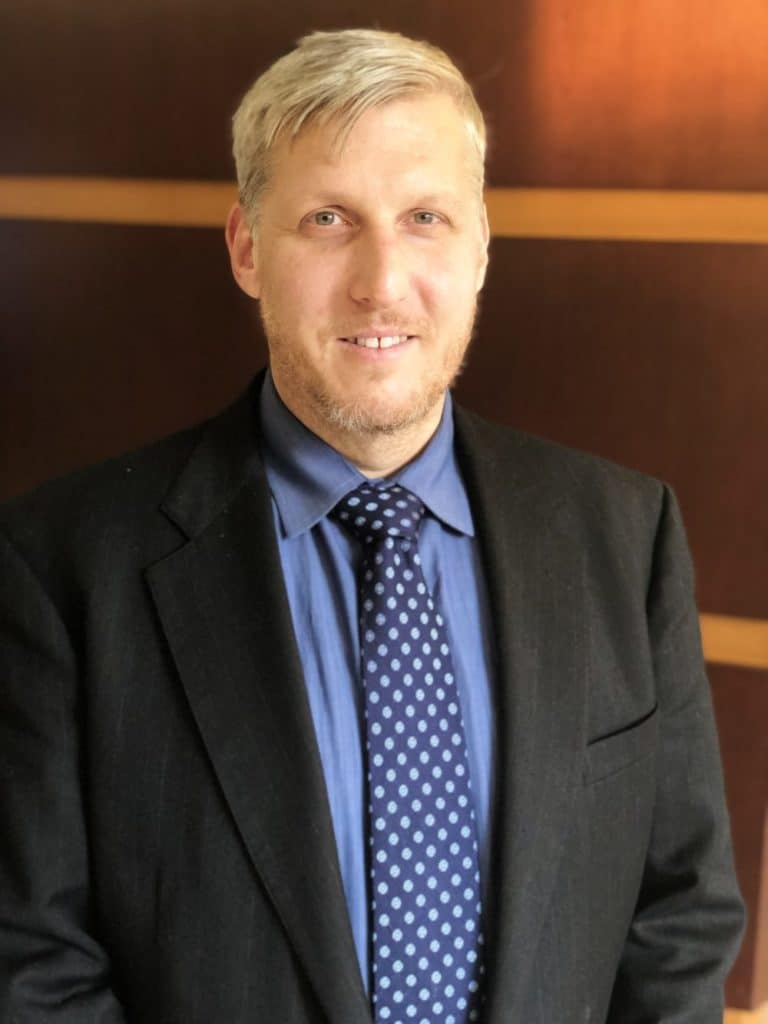
What would you like to learn during this time of isolation, quarantine, and social distancing? It might seem like a strange question but it's an important one. We are all learning things right now. About ourselves, our neighbors, and our community. We are learning things about our personal habits, our attitudes, and our aptitude. We can take a passive posture and let the moment pass over us. We might walk away with a better understanding or a new consciousness. However, in truth, passivity doesn't often yield that much. By taking a more active approach, there are any number of things that we can learn spiritually that have the power to be transformative.
When I say spiritual learning, it might not be what we normally think when we talk about learning. It is not uncommon to engage in spiritual learning in essentially the same way we approach learning other subjects. We might enroll in a Torah study or join a Talmud class; those are great, but they don't guarantee spiritual learning. Spiritual learning is the growth and cultivation of the soul. This is a bit more complicated. It is not about obtaining information, although information might be obtained. It is about delving into the sacred and emerging from the experience a bit more complete, a bit more holy.
We find a perfect example of this spiritual practice which broadens the human spirit in our Torah this week. The Torah prescribes, "you shall not slaughter an animal and its young on the same day (Lev 22:28)." Although this law, along with a collection of others throughout the Torah, have encouraged commentators to claim an anti-animal cruelty bend to the God's word, Nachmanadies, the 13th century Spanish scholar and mystic proposes something a bit more personal. He states, "… [the reason for these sorts of laws] is to eradicate cruelty and pitilessness from a person's heart… not that God has pity on [these animals]. Were that the case, God would have entirely forbidden animal slaughter. But the real reason is to cultivate in us the quality of mercy… since cruelty is contagious… These precepts regarding birds and beasts are not motivated by pity on them but are decrees of the Almighty to cultivate good moral qualities in human beings."
As a vegetarian and an animal lover, I think Nachmanadies's idea is fascinating. My reasons for being a vegetarian are due to the inhumane treatment of animals during the slaughtering process, both kosher and treif. However, my vegetarianism doesn't make me more compassionate. By taking myself out of the meat-eating game, I have removed, as could be extrapolated by our noted sage, an important tool for cultivating compassion and kindness. In some ways, I risk becoming callous.
Compassion and kindness are muscles that need to be exercised or they atrophy. Before COVID-19, we lived in a world where much of our life was provided on a silver platter. Our food was aligned on shelves, individually wrapped, sterilized, and preserved so we didn't need to think about it very much. In this moment, we are more attuned to the people who make our life possible, the army of workers who truly get our food from farm to table. I pray that we all have expressed gratitude to cashiers, stock personnel and others who, just a few months ago, were invisible. These are important spiritual practices that deepen the soul and strengthen the spirit. Not just for the people who are thanked but for us as well. However, we need more. For the Torah, this sort of mindfulness is necessary each and every day, at every meal, at countless moments throughout the day if we are going to transform ourselves into caring, compassionate people.
Right now, our congregation is seeking people who would like to exercise their spiritual muscle and deepen their connection to holiness. We have a simple plan: The Ring My Bell Initiative. We are making calls to each other, checking in and ensuring that people are doing okay and finding ways to connect. It might seem simple, maybe even a bit remedial. However, the impact is massive, especially in this time of isolation. For our ancestors, scheduling which day of the week we bring an animal to slaughter might not seem like a big deal. However, as Nachmanadies points out, this mindfulness, even amidst a very primal and brutal act, can have important spiritual impact. So too, in a time like this, when our isolation and the quiet in which so many people find themselves can be deafening, a ring of the telephone can be transformative. If you are able to make a few phone calls, please reach out to Miriam Habif, our Membership and Engagement Director, for a list of names and some helpful calling tips at mhabif@aasynagogue.org.

